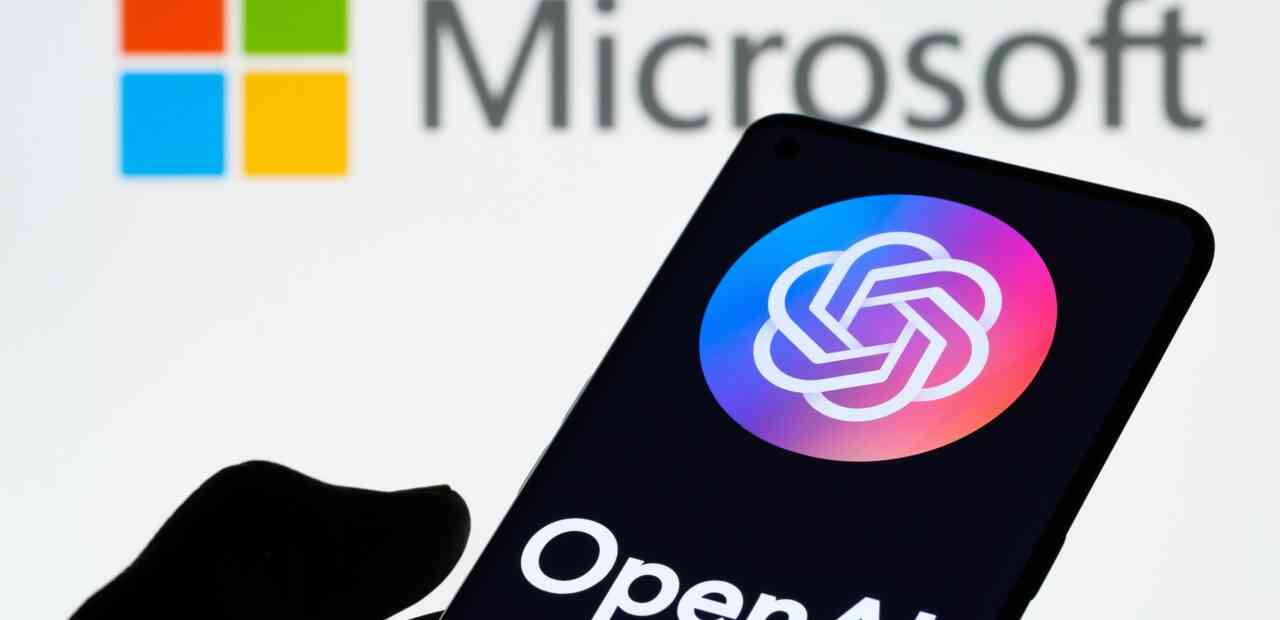What to know about how the new Bing affects SEO
Smack dab in the middle of the AI-content buzz is Microsoft’s search engine Bing. Microsoft has long partnered with OpenAI, which launched the industry-rocking ChatGPT in November, so it was no surprise that Microsoft’s Bing is a leader in using AI-integrated content in its search engine.
As you’re planning how to adjust your company’s website SEO content strategy in light of the tsunami of change ushered in by AI-generated content, it’s good to know what exactly is up with the new version of Bing and what implications it has for SEO.
In this blog, I’m going to give a brief overview of how the new Bing works (although granted, it’s still in pilot phase!), and what that means for SEO.
What’s changed with the new Bing
In a nutshell, the new Bing uses AI-generated content in two ways: It provides a AI-generated content in response to a search query and it allows you to chat while browsing the web in the Edge sidebar.
How does this work?
Well, if you type in the search bar, “What art ideas can I do with my kid?” (one of the example questions Bing is highlighting in its trial phase), it generates a conversational response with a list of ideas – from cardboard guitars to plastic bottle flowers – sourced from different pieces of online content.
Then, as you continue to browse some of the links to those ideas, you (eventually, remember it’s still in pilot phase), can grant Edge (essentially, a sidebar chat) permission to access your browser content so you can begin to chat with Edge and ask questions about the author, get a summary of the page’s content, and more.
A warning: These features are still glitchy as they pilot this. But these features and more will be rolling out soon.
But Bing is able to do all of this because it’s integrating the power of next generation AI functionality from OpenAI that is even more powerful than ChatGPT. So it’s not a question of if these glitches will resolve, but when.
What does the new Bing mean for SEO?
The search process above is fundamentally different than the search engine process that’s existed for the last decade. So there will be implications for SEO. Here are three:
1. Citations (and traffic from links) will still be important, but they will be different.
Bing is still prioritizing linking to source content from website publishers. They do this by allowing users to click to sources by hovering over sections of text in the AI-generated response to a search query, as well as providing links at the bottom of a response.
But even with an intentional focus on citing sources, traffic will change. In fact, it’s concerning that at times the links are hidden behind a “Learn more: Click to view” button.
Bottom line: It will still be essential for publishers to produce high quality content to generate traffic from SERPs. But we will need to wait and adjust how to maximize traffic as more users start to interact with links in this format.
2. Generating traffic to a site won’t just be important in the initial search. It will also be important via chat in the Edge sidebar.
One potential new opportunity to generate traffic is via chat in the Edge sidebar. If a user is chatting in Edge while browsing a page, Edge’s responses may include links to other relevant content.
For example, if the user is asking about the author or wants more information about the topic, Edge may provide information that leads the user to different pages.
It’s hard to know exactly how to maximize this while it’s in the pilot phase, but it’s an opportunity that content creators should definitely keep on their radar as they look to optimize SEO in this new environment.
3. Beware of publishing AI-generated content. It will likely carry SEO consequences.
It’s tempting to consider harnessing this new content generating ability to save some time on content creation for your company’s website.
But think twice before doing this. Search engines can easily identify AI-generated content, and this content will likely not be as highly valued by SERPs (and chat responses) as high quality, human generated content.
Although Bing is still tweaking and developing its new model, its pilot phase gives content creators and SEO specialists good clues about how to adjust their strategy to continue generating traffic from search engines in this new model of AI-generated content responses on SERPs and throughout the browsing experience.


